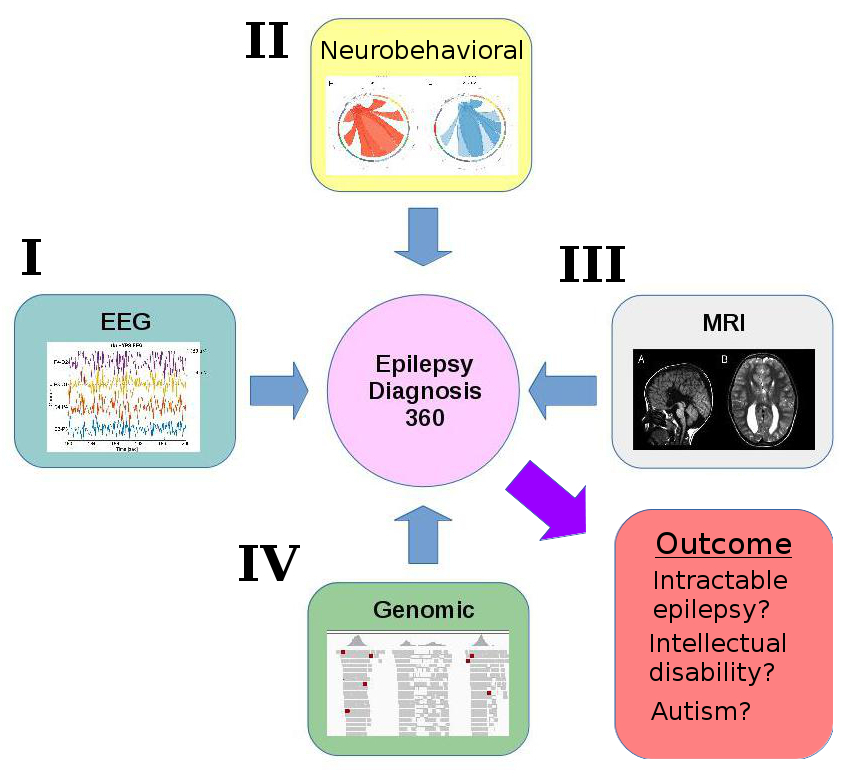
Three teams of researchers at the University of Rochester will analyze health data in novel ways as part of an effort to improve treatment of patients who are in intensive care or who suffer from epilepsy or mental disorders.
The teams are recipients of pilot funding from the University’s Goergen Institute for Data Science. The institute has identified health analytics — leveraging large sets of clinical, genomic, and lifestyle data to predict individual health outcomes — as one of its top priorities.
“These projects each address a key scientific question, and involve an innovative approach or new technology, an exciting cross-campus multidisciplinary collaboration, and a potential for follow-on funding,” said Scott Steele, deputy director of the institute.
The projects involve:
- Identifying major depression and bipolar disorders. Principal investigators Jiebo Luo, associate professor of computer science, and Wendi Cross, associate professor of psychiatry, will develop a prototype system to monitor patients during interviews with therapists. The system brings together video, algorithms for tracking and interpreting body motions and body language, and facial expression recognition software to capture emotions.
- Predicting the treatments that are likely to have the best outcomes for epilepsy patients. Principal investigators Alex Paciorkowski, assistant professor of neurology, and Gonzalo Mateos, assistant professor of electrical and computer engineering, will develop software that can make the predictions by analyzing a patient’s EEG readings, brain MRI imaging, neurobehavioral assessments and genomic data. The researchers will test and train their model using similar data sets from research subjects with known epilepsy outcomes.
- Predicting adverse events among intensive care patients. Principal investigators Mina Attin, assistant professor of nursing, and Zhiyao Duan, assistant professor of electrical and computer engineering, will develop a deep neural network – employing a type of machine learning used to model complex data – to discover ECG patterns that predict whether patients are at risk of cardiac arrest, prolonged length of stay, and readmission within 30 days.
Proposals for the $25,000 to $50,000 pilot awards – the first issued by the institute — were solicited to address opportunities and challenges identified at a Health Data retreat in March involving nearly 50 University researchers and administrators.
“We saw this as an opportunity to support the use of data science approaches to improve health, while also driving new data science collaborations across the University,” Steele said. Collaborations in health analytics, in particular, are facilitated by the close proximity of the University’s Medical Center to its River Campus, where the Hajim School of Engineering and Applied Sciences and the School of Arts and Sciences are located.
The Goergen Institute of Data Science, through its New York State Center of Excellence in Data Science, has also provided targeted funding to University faculty members and students for projects that relate to health analytics and the institute’s two other priorities: cognitive science and artificial intelligence, and computational methods, tools, and infrastructure. Click here to read more about the CoE Distinguished Researchers and Scholars .




